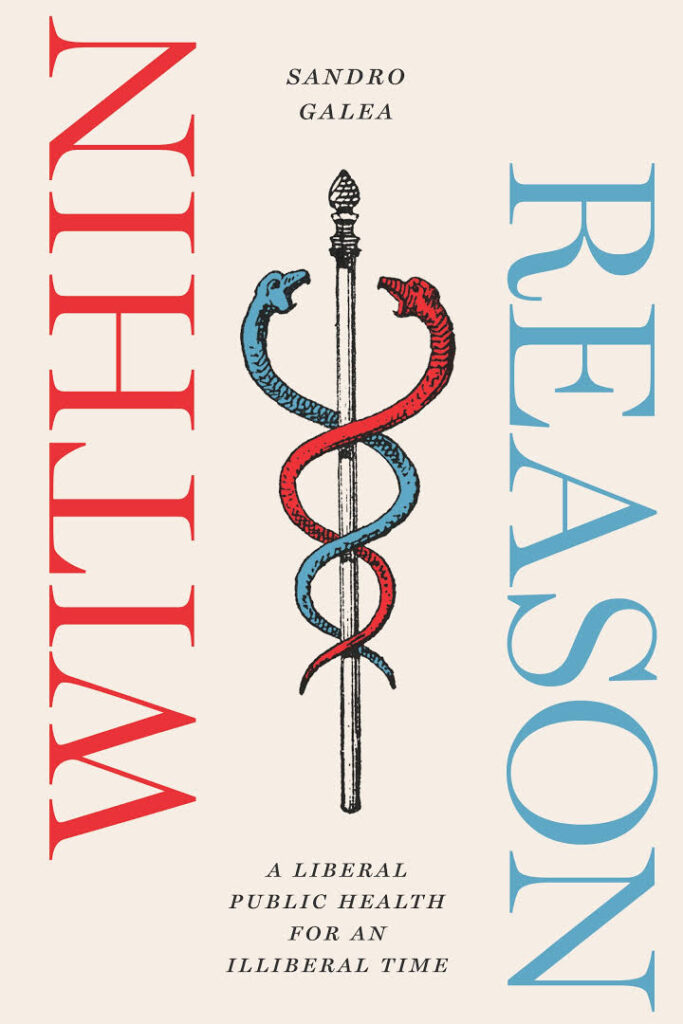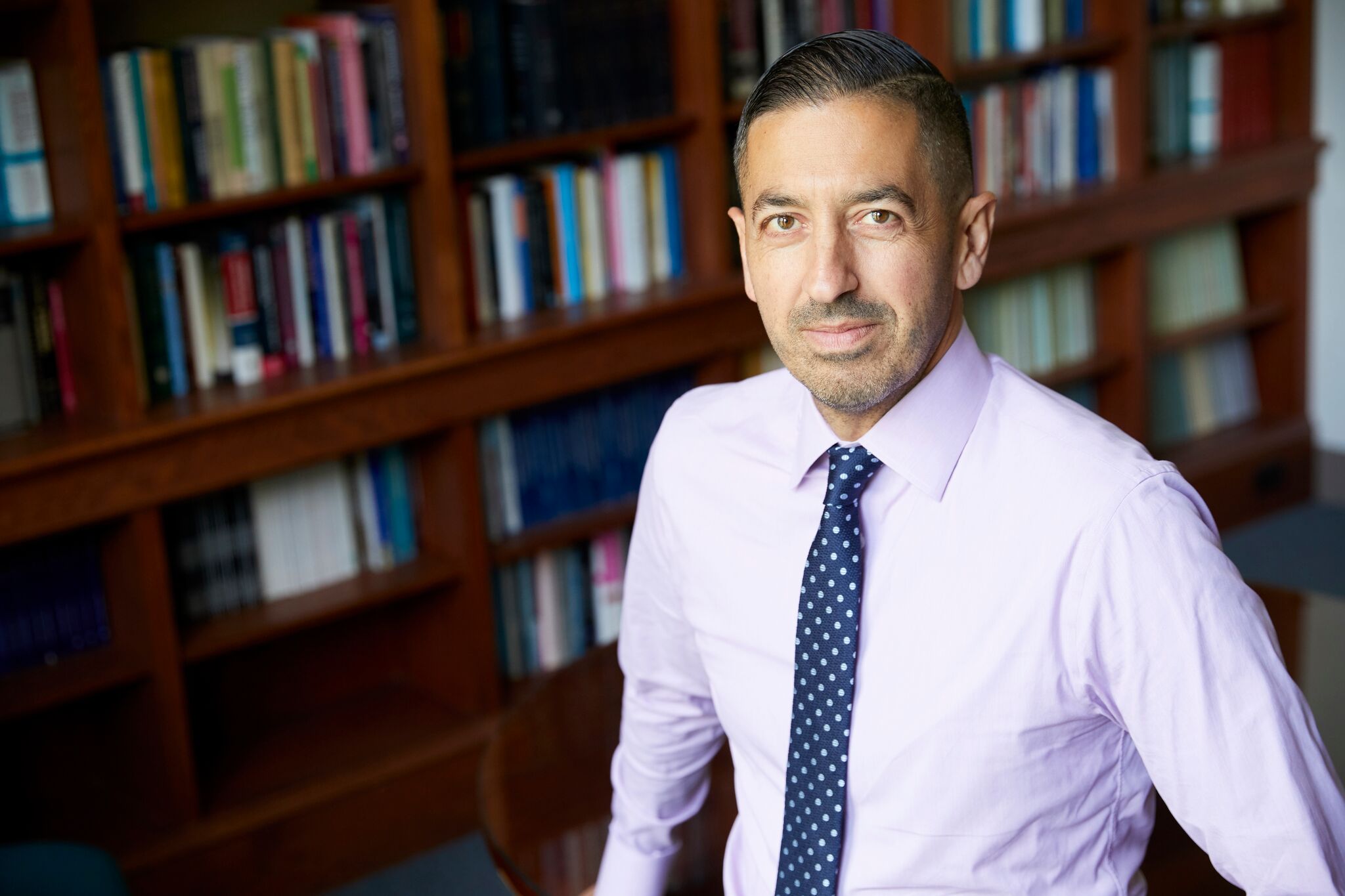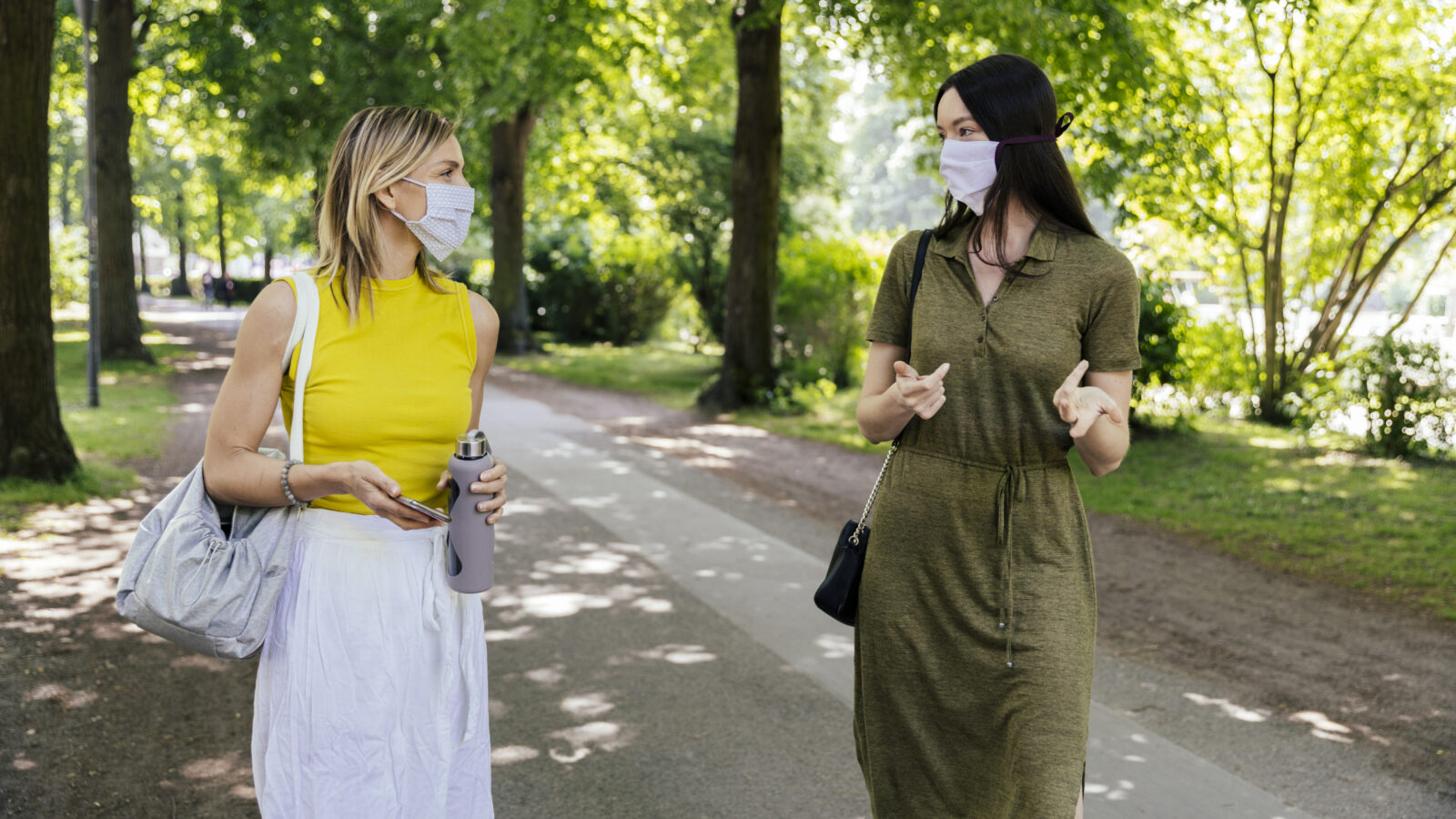I have spent most of my adult life working in public health. I care about the field, its mission, the values that animate it, and the steps we take to realize our vision of a healthier world. The argument I am making with this book, then, is personal. In making the case that we in public health need to get our house in order, I am talking about a house that I, too, live in.
One phrase frequently overheard in this house is “in the name of public health” or some equivalent like “in the interest of public health.” This phrase is often applied to the interventions we promote with an eye toward shaping better health for all. Through the years, we have done much in the name of public health. We promoted hand washing at a time when the practice was still novel and distrusted. We have argued for better sanitation systems and city design to slow the spread of disease in urban spaces. And we have urged greater focus on engaging with the socioeconomic drivers of health as a means of creating a healthier society and preventing disease from taking hold. The range of this work illustrates the breadth of the initiatives we can pursue in the name of public health. Such initiatives can vary in expense, complexity, duration, and the demands they make on the public. Sometimes the “asks” they make are minor, as in the case of hand washing. Sometimes they demand more of the public, of policymakers, and of our collective investment in health.
We have been able to make these asks secure in the knowledge that they are in support of something that, for most people, is worth a high level of effort: health. We all desire health – for ourselves, for our family and friends, and for our communities. Without health we have nothing. So, when we say we are doing something “in the name of public health,” there can be few greater motivations. This is why public health has been able to ask so much of the public over the years and generally enjoy a high level of cooperation.
There is, however, one factor this cooperation depends on, without which it is difficult to maintain widespread support for our efforts: trust.
The public must be able to trust that, when we say something is done in the name of health, it really is necessary for supporting the health of populations. They must be able to believe we will not subject them to interventions that are half-baked or that constrain civil liberties any more than is absolutely necessary in a crisis. The public must also be able to believe that when we in public health see individuals or institutions claiming to act on behalf of health when they are in fact doing something authoritarian or otherwise harmful, we, as a field, will say, “No. Not in the name of public health.” Our willingness – our responsibility – to say this is inextricable from the liberal roots of our field, in which telling the truth is core to our capacity to work effectively toward a healthier world. When we see public health used as an excuse for abuses, we have a duty to call this what it is, to draw a line between the work of our field and those who would exploit it to harm others.

Excerpted from Within Reason: A Liberal Public Health for an Illiberal Time by Sandro Galea. Publication date December 1, 2023.


